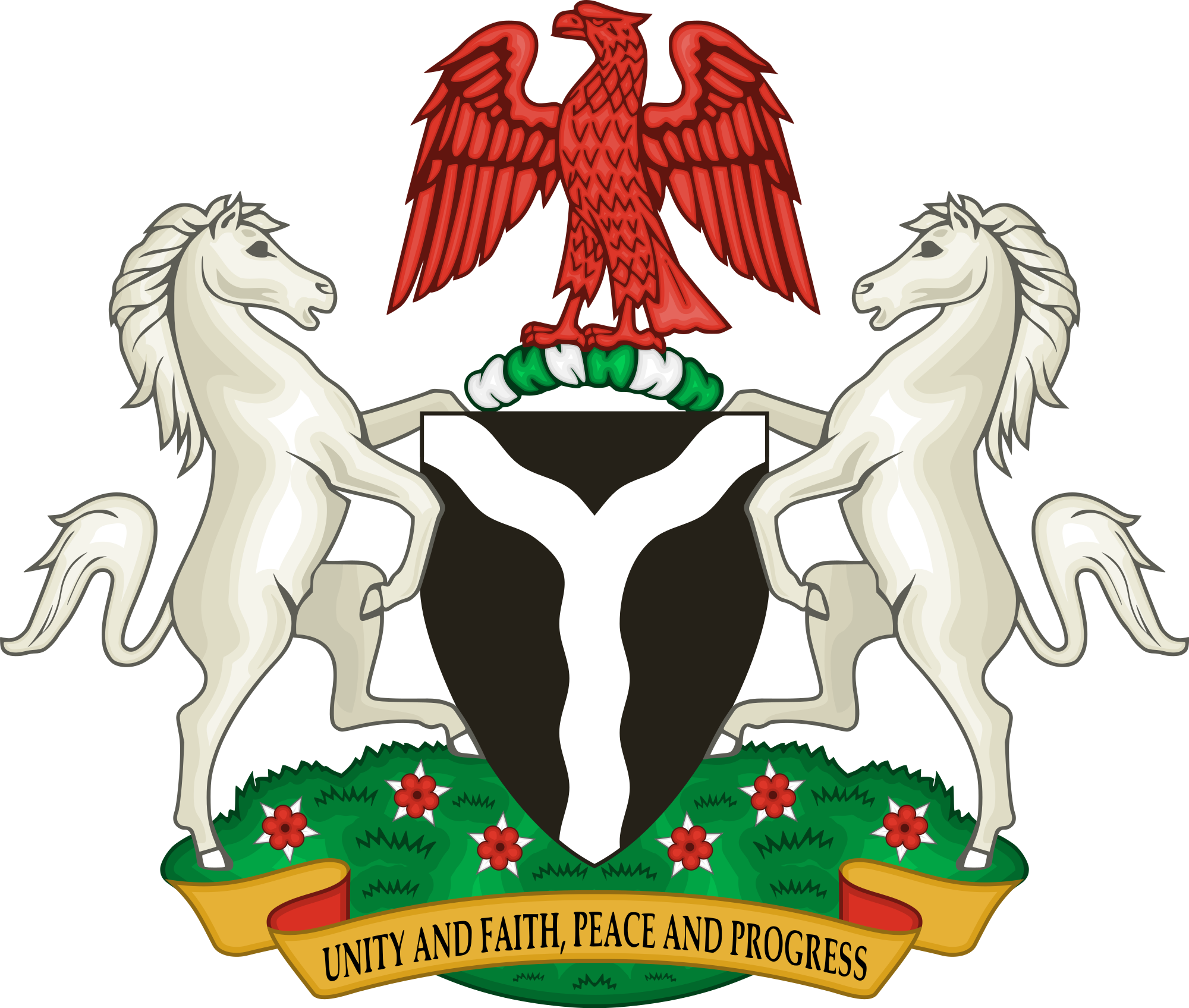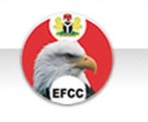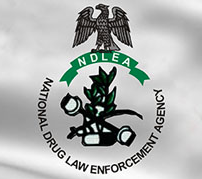ARMU
Asset Recovery and Management Unit operates under the Office of the Honorable Attorney General of the Federation. The specialized unit is responsible for the co-ordination of Law Enforcement and Anti-Corruption Agencies in matters related to asset tracing, recovery and management.
Distribution of Recovered Assets by State
Laws, Regulations and Guidelines
Events Calendar
Nov 6
Register...
Nov 7
Register...
Nov 20
Nov 21
Register...
Nov 10-11
Dec 9-10
Dec 11
Dec 13
Latest News

TodayNG
The Federal Ministry of Justice on Thursday opened technical bids for Consultancy Service to monitor the implementation of Abacha loot III. Newsmen that the Consultancy Service is to undertake the monitoring of the implementation of the tripartite agreement on the Sharing, Transfer, Disposition, Repatriation and Management of the Abacha Forfeited Assets. Mrs Ladidi Mohammed, Head, Asset Recovery and Management Unit, Ministry of justice declared open the bidding process. Mohammed said the process is in tandem with the Asset Return Agreement of Feb. 3 by the Nigeria government, the United States and the Bailiwick of Jersey. ‘`This Agreement is based on international law and cooperation measures that set out the procedures for the repatriation, transfer, disposition and management of the assets. “The government is committed to supporting and assisting in expediting the construction of the three major infrastructure projects across Nigeria in the agreement. “The projects are the Lagos – Ibadan Expressway, Abuja–Kano Road, and the Second Niger Bridge,’’ she explained. She said that the aim of the bid is to select a Civil Society Organisation Monitoring Team to oversee the implementation of the projects and report regularly on progress made to the public. “This is to ensure transparent management of the returned assets’’. Newsmen report that the process for the engagement of the monitoring team commenced with adverts published in some media. These include two Nigerian newspapers – Daily Trust and the Punch of March 4, and a Notice of Extension on April 17, the Federal Tenders Journal of March 9 and 23, and the Economist of March 14. The adverts were also on the website of the Federal Ministry of Justice – www.justice.gov.ng. Mr Nasiru Bello, a representative of the Bureau of Public Enterprises (BPE) while opening the bids noted that 17 organisations submitted entries for the technical bid. He added that the bids will be handed over to the Evaluation Committee to ensure that due process followed all through. “The Due Process Mechanism is to establish and sustain an open, transparent and competitive procurement system that is integrity-driven. NAN reports that the Attorney-General of the Federation and Minister of Justice, Abubakar Malami, SAN, had on May 4, confirmed the receipt of 311,797,866.11 million dollars of the Abacha assets repatriated from the U.S. and the Bailiwick of Jersey. According to Malami, “the amount increased from over 308 million US dollars mentioned in the press release issued in February to 311,797,866.11 million dollars following the accrued interest from Feb. 3 to April 28 when the funds were transferred to the Central Bank of Nigeria’. “These recoveries are transparently and judiciously deployed in supporting indigent Nigerians as specified in the agreement signed with the Switzerland and the World Bank.” “In line with the 2020 Asset Return Agreement, the fund has been transferred to a Central Bank of Nigeria Asset Recovery designated account and would be paid to the National Sovereign Investment Authority (NSIA) within the next fourteen days. “The NSIA is responsible for the management and execution of the projects to which the funds will be applied’’. Newsmen report that the recovered funds were allegedly laundered through the U.S. banking system and then held in some bank accounts in the Bailiwick of Jersey. read more
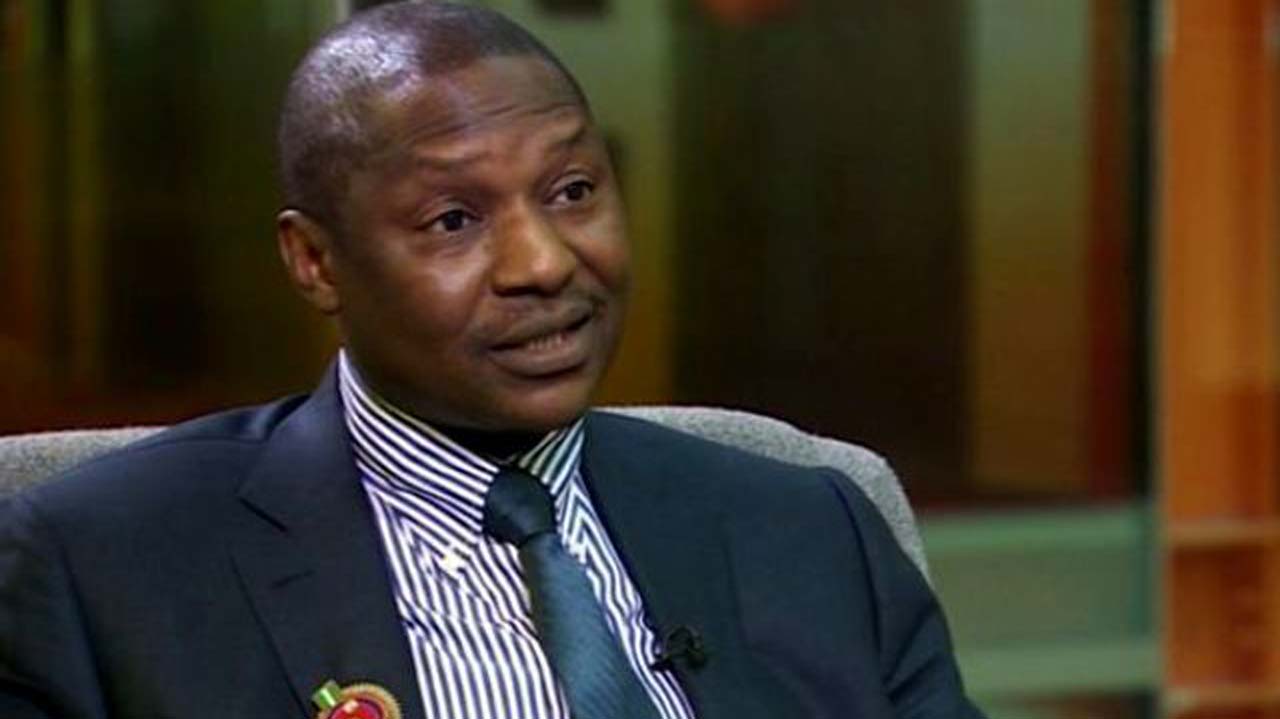
TodayNG
The Federal Government says it is now impossible for recovered looted funds to be re-looted, as mechanisms have been put in place to prevent it. Mrs Ladidi Mohammed, the Director, Asset Recovery and Management Unit, Ministry of Justice, gave the assurance on Wednesday in Abuja, at a citizens’ dialogue on Post-Global Forum on Asset Recovery roadmap and asset recovery in Nigeria. The dialogue was organised by the Africa Network for Environment and Economic Justice (ANEEJ), a Non-Governmental Organisation. Mohammed said that re-looting of recovered looted funds was a thing of concern for the nation, adding that doing that would be very difficult under the present administration. “As I speak, it is very difficult for anyone to re-loot any returned funds because as far as the Attorney-General of the Federation, and the entire government is concerned, there is no way that is going to happen. “I can tell you that there are different organisations in charge of recoveries, so in the whole system, there is no way that those assets, whether local or international will be re-looted.’’ She also said that the recovered monies would have to be returned to the financial system for appropriation. Mohammed, however, assured that the expected recovered loots coming in from overseas accounts would be used for projects that would impact the lives of citizens, not as individuals, but as communities and as a nation. “What I mean by that is that recovered monies are not like generated revenue that goes into the Federation Account or the Consolidated Revenue Fund. “The office of the AGF initiated a depository account for both local and international recoveries and those recovered funds go straight to the account which is domiciled at the Central Bank of Nigeria. “It is a depository account that has no signatory and cannot be touched until it is appropriated, it is a constitutional and international issue. “The AGF has put up every mechanism to prevent re-looting, so I assure you that there is no fear that these recovered funds will be looted and the monies will be used for the good of Nigerians.’’ Mohammed said negotiation had began for the repatriation of the remaining Abacha loot, adding that provision had been made for Civil Society Organisation’s involvement, particularly with management of the funds. “We also know that we have some cases all over the world for recovery and this is being coordinated by the AGF and I am pleased to say that some CSOs are monitoring these cases and we are very proud of you. “We do not see CSOs as adversaries but as formidable allies and the AGF is committed to collaborating with you,’’ she added. The Executive Director, ANEEJ, Rev. David Ugolor, said there was an obvious need for the establishment of institutions and mechanisms both at the international and national levels to enhance transparency and accountability in recovery of looted funds. He said this would ensure that looted funds were utilised in a judicious manner that benefits the ultimate victims of corruption. read more
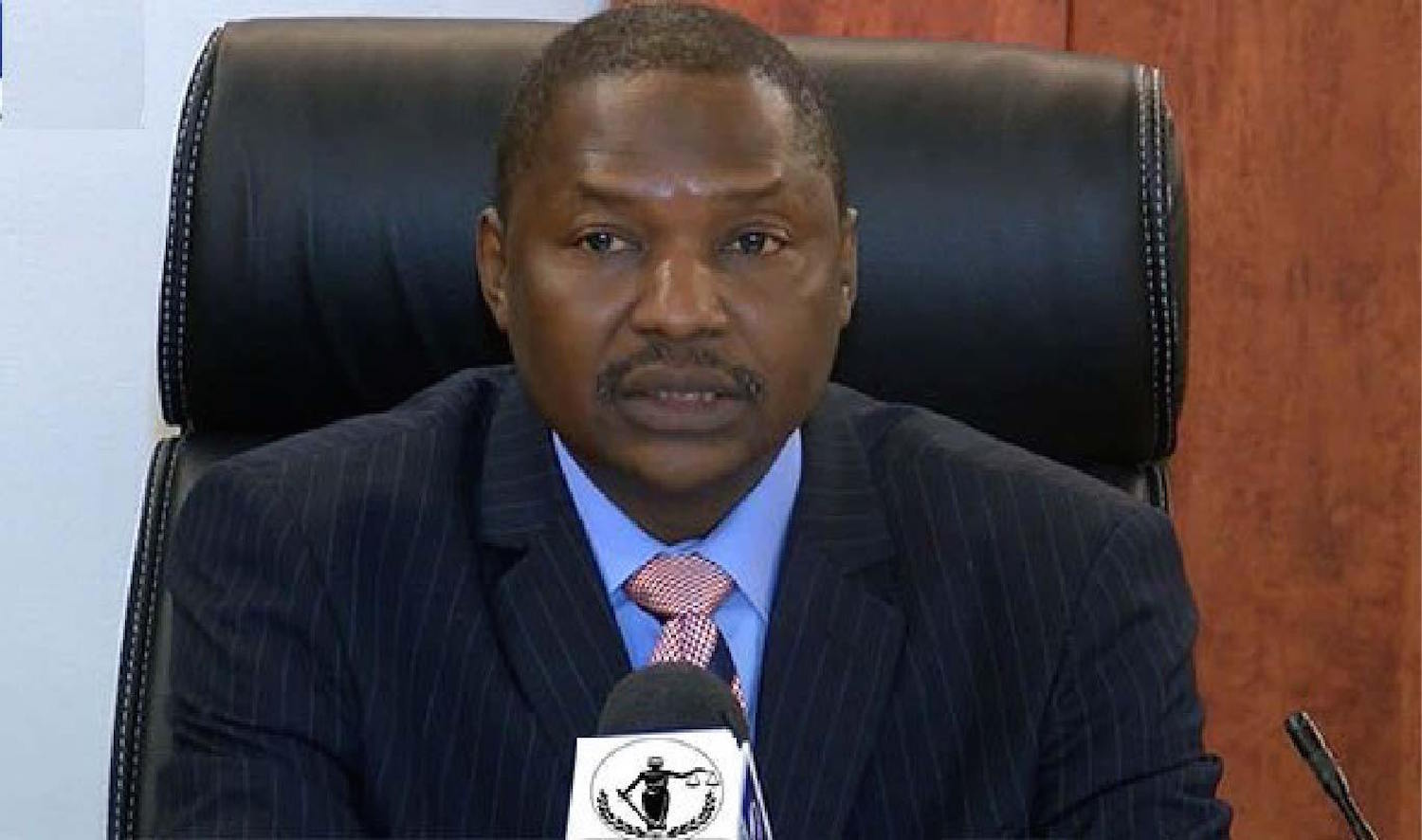
TodayNG
Malam Abubakar Malami, the Minister of Justice and Attorney General of the Federation confirmed this on Monday in a statement by the Special Assistant on Media and Public Relations at his office, Dr Umar Gwandu. Malami, noted in the statement that the amount increased significantly from over $308 million mentioned in an earlier statement in February to over $311 million as a result of the interest that accrued from February 3 to April 28, when the fund was transferred to the Central Bank of Nigeria. The Minister also recalled that the litigation process for the return of the assets titled ‘Abacha III’ commenced in 2014 while the diplomatic process that culminated in the signing of the Asset Return Agreement commenced in 2018. The agreement was signed on February 3 by the governments of Nigeria, the United States, and the Bailiwick of Jersey. “This Agreement is based on international law and cooperation measures, that sets out the procedures for the repatriation, transfer, disposition, and management of the assets,” he said. He added that the recovery effort consolidates on the record of the Muhammadu Buhari administration which has a history of recovery of $322m from Switzerland in 2018 transparently and judiciously deployed in supporting indigent Nigerians as specified in the agreement signed with Switzerland and the World Bank. According to him, the tripartite agreement and the process towards the implementation represented a major watershed in International Asset Recovery and Repatriation as it sought to provide benefit to the victims of corruption. He said, “In line with the 2020 Asset Return Agreement, the fund has been transferred to a Central Bank of Nigeria Asset Recovery designated account and would be paid to the National Sovereign Investment Authority (NSIA) within the next fourteen days. “The NSIA is responsible for the management and execution of the projects to which the funds will be applied.” Malami said latest recovery would support and assist in expediting the construction of three major infrastructure projects across Nigeria – Lagos – Ibadan Expressway, Abuja – Kano Road, and the Second Niger Bridge. He added that a Project Monitoring Team to oversee the implementation of the projects and report regularly on progress made to the public will be established. In addition, Malami said the government would engage a Civil Society Organisation who has combined expertise in substantial infrastructure projects, civil engineering, anti-corruption compliance, anti-human trafficking compliance, and procurement to provide additional monitoring and oversight. According to him, the process for the engagement of the CSO monitor has already commenced with the adverts placed in two local newspapers. The Minister further noted that recovered funds were laundered through the U.S. banking system and then held in bank accounts in the Bailiwick of Jersey. He revealed that a U.S. Federal Court in Washington D.C. forfeited the money in 2014, as property involved in the illicit laundering of the proceeds of corruption arising in Nigeria during the period when General Abacha was Head of State from 1993 to 1998. The Nigerian government filed a case in the Bailiwick of Jersey to assert its authority as the owner of the funds and as the victim of the action of General Abacha in 2017. read more
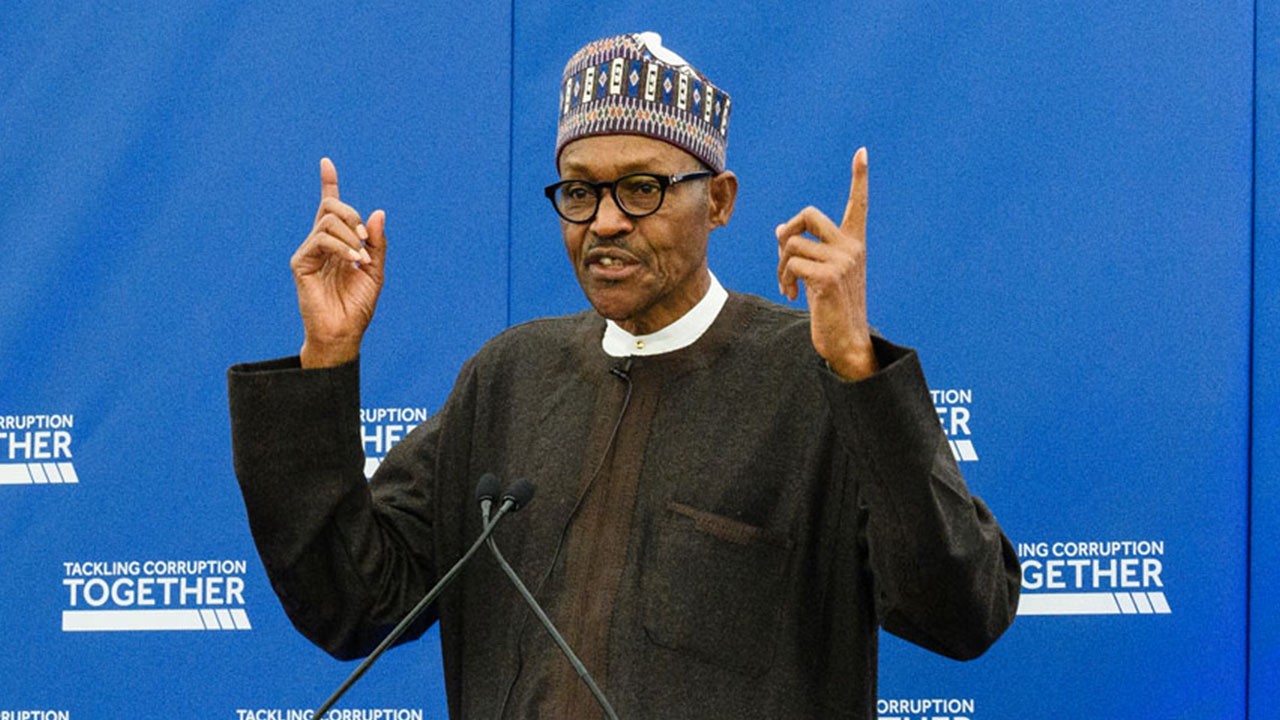
BudgIT Nigeria
In 2017, the Nigerian government unveiled the National Action Plan (NAP) of the Open Government Partnership (OGP) with two major commitments to “asset recovery,” thanks to the UK-sponsored Anti-Corruption Summit in London in 2016, a major event that galvanized the government into action. What are these commitments? First, Nigeria made a commitment to strengthening asset recovery legislation by passing the Proceeds of Crime Bill in a bid to enable transparent management of returned assets and non-conviction-based approach to asset recovery. The second commitment focuses on developing internationally endorsed guidelines for the transparent and accountable management of returned stolen assets. Why these commitments? According to a World Bank report, issued in December 2006, the Abacha loot (1.0 of $500m) was used to fund the 2004 budget which was spread across 5 key sectors — Health, Education, Water, Electricity and Roads — that are related to the Millenium Development Goals (MDGs), with a common understanding that the repatriated funds would be spent mostly on new and ongoing investment projects in these sectors. However, monitoring the management and utilization of these funds turned out very difficult (if not almost impossible). Why? The resources were treated as part of general budget resources. As such, increased allocations to various agencies were not clearly labelled in the budget as coming from the repatriated ‘Abacha loot’. Indeed, it was only after spending had begun that the FGN and Swiss officials agreed on funds monitoring and tracking. The loopholes were noticed because there was no proper guideline in the management of returned stolen assets and based on the commitment made by President Muhammadu Buhari, we ought to have sorted out these commitments. Apparently, there’s the need for transparency in the management of recovered assets to avoid suspicions about the caretakers of the assets. The Proceeds of Crime (POC) bill was passed by the 8th National Assembly and presented to President Buhari for assent. Turned out, the bill was not signed into law because of a review and recommendation by top agencies relating to concerns that the bill would reduce or limit their powers on seizure and management of recovered assets. It’s imperative to note that there are so many agencies that seize assets from both individuals and companies. For instance, the customs officers seize contraband goods from smugglers which are destroyed while seized vehicles are auctioned. Other agencies like the Economic and Financial Crimes Commission (EFCC) and Independent Corrupt Practices Commission (ICPC) also recover assets for the government. Meanwhile, the POC bill gives room for an independent agency to manage all recovered assets/forfeiture assets in a transparent manner which could be used to fund the budget. The Abacha 2.0 is used as part of the social intervention programme of this administration which has been successful to an extent when compared to the last recovered loot (Abacha 1.0) which was directed at certain projects. Though the President Advisory Committee Against Corruption (PACAC) have developed guidelines on asset management, PACAC is an advisory committee without the powers to enforce implementation of issued guidelines. As the status of the two commitments remains “not done,” it is highly crucial that the POC bill is re-introduced by the 9th Assembly. It’s rather more imperative that the President assents to the bill. To strengthen and institutionalize anti-corruption in the country, an independent agency that manages recovered assets is a must for Nigeria. The PACAC’s draft of the guidelines of the management of asset recovered must be adopted. Article written by Tolutope Agunloye, BudgIT’s Head of Open Government and Institutional Partnerships read more
INTERPOL
We are developing an initiative to trace, seize and return stolen public funds to the country of origin. The Global Focal Point Network on Asset Recovery provides a secure information exchange platform for the recovery of criminal assets. Authorized law enforcement officers from each member country are designated as focal points and can respond quickly when another country requires assistance. The aim of this initiative is to support asset freezing, and the seizure, confiscation and recovery of stolen assets. It facilitates the secure exchange of sensitive information among the focal points from anti-corruption and asset recovery agencies. read more

EU
The faster the tracing of assets derived from crime is, the more effective the confiscation and recovery of criminal profits can be. National Asset Recovery Offices (AROs) help in depriving criminals from their criminal profits. They identify assets that have been illegally acquired on their territories and facilitate the exchanges of relevant information at European level. Following the Decision requiring EU States to set up these National Asset Recovery Offices , the Commission launched an informal Platform to further enhance their EU-level cooperation on and coordination of exchanges of information and best practices. A recent Commission report showed that AROs are an important tool for going after criminals' money. While a few EU States have not yet established such an Office, cooperation between the existing members of the network is generally positive. However, the Offices are facing a number of common challenges, in particular regarding their capacity to access relevant financial information. read more
